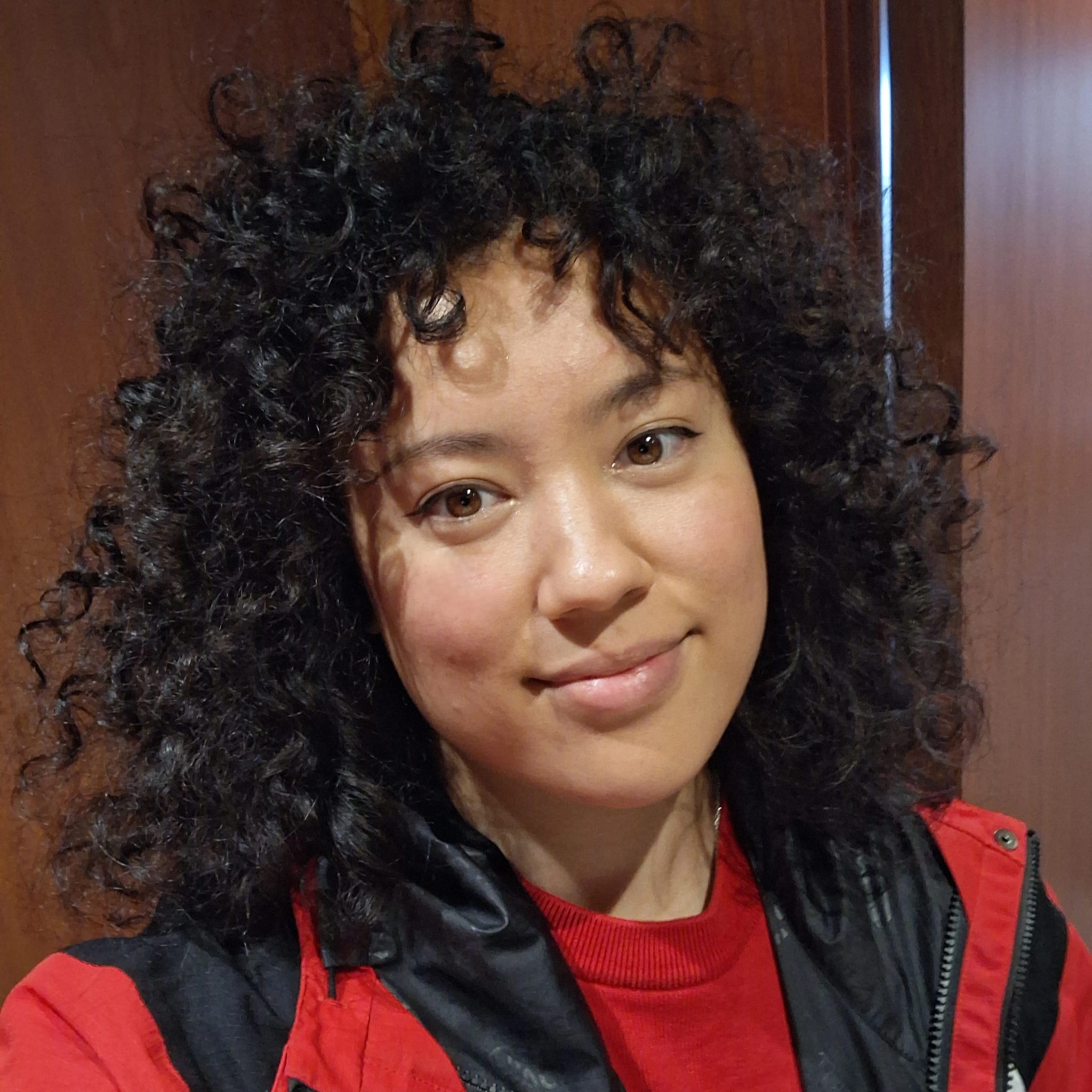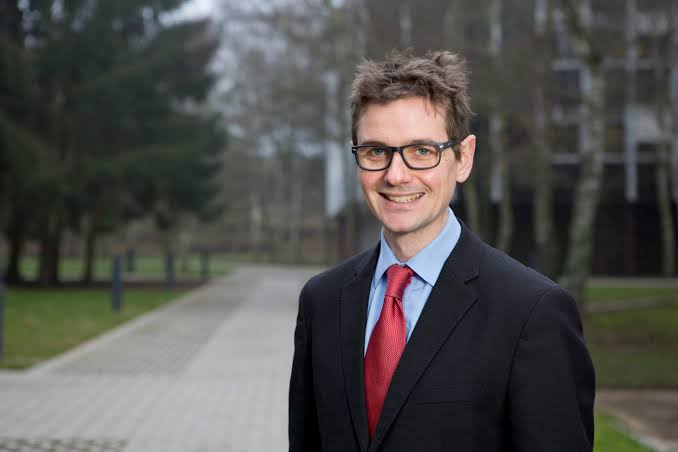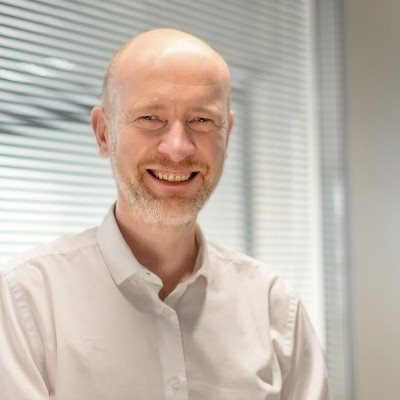Did you know that nearly 40% of spinal surgeries require revision within two years? This is often due to the complexity of this type of surgeries but also due to the lack of predictive tools to help healthcare providers plan the best surgery for each patient. With an ageing population and increasing cases of spinal deformities and degenerative conditions, the need for better planning is more urgent than ever.
To tackle this challenge, the University of Luxembourg has teamed up with MDsim S.A., a company that uses the power of AI to create digital twins, simulate biomechanics for spinal surgeries. This summer, Dominique Nicoli began her industrial PhD fellowship between MDsim and the University, to enrich an AI-powered biomechanical digital twin with advanced muscle models. A successful outcome would significantly assist spine surgeons in planning procedures and predicting outcomes.
“I’m deeply excited to be working at the intersection of cutting-edge research, engineering, and healthcare,” Dominique shares. She will be supervised jointly by Prof. Stéphane Bordas and MDsim’s Head of R&D Laurent Adam.

Dominique Nicoli, PhD candidate (Uni.lu)

Stéphane Bordas, Professor in Computational mechanics (Uni.lu)

Laurent Adam, Head of R&D (MDsim)
Her research notably focuses on integrating a more detailed representation of the paraspinal muscles into MDsim’s spine model. “We are trying to identify accurate predictors of spine surgery outcomes. I am focusing specifically on the role of muscles,” Dominique explains.
‟ Muscles can provide valuable insight into patient-specific prognosis, notably functional status and back pain.”
Engineering hope
Previously, Dominique worked at the Voisin Consulting Life Sciences incubator in Paris and was eager to join a startup. In particular one in which she can apply her passion for about innovation and healthcare.. “Contributing to something that can directly improve patient outcomes is exactly what I envisioned when I chose to specialise in biomedical engineering,” she says. “I’ve always wanted to work with people and, more importantly, for people—this project allows me to do just that.”
From innovation to impact
MDsim is developing advanced software that uses patient-specific digital twins to simulate spinal biomechanics. This enables surgeons to optimise surgical strategies before operating. “We create models and train AI to better plan surgeries,” says Dominique. “Ultimately, it will be used in hospitals as part of the preoperative planning process, helping improve outcomes and reduce the rate of revision surgeries.”
Prof. Bordas, also a scientific advisor to MDsim, helped initiate the collaboration. “I am excited about the opportunities offered by this project to help develop a clinically usable tool for spinal surgery simulation,” he says. “I expect the technical solutions we develop to be portable to other surgical simulation applications.”
Laurent Adam shares: “We aim at developing technologies that go beyond the state-of-the-art. Being based in Belval and knowing Stéphane Bordas’s work for over 15 years, it was quite natural to set up this collaboration. The ultimate aim is to deliver more personalised, higher-quality care and reduce the need for revision surgeries.“
A strategic partnership
The collaboration allows MDsim to access scientific expertise – which helps it accelerate product development – while leading the University to conduct applied research that will have an impact on real-world challenges in the healthcare system. A public-private research project is also a valuable opportunity for doctoral candidates, such as Dominique, to discover two worlds – academic and industrial – opening her career perspectives.
The University’s Partnership, Knowledge and Technology Transfer Office (PaKTTO) supports the development of public-private partnerships. As explains Sarah Le Guenic, Knowledge & Technology Transfer Officer: “Our team facilitates communication and mutual understanding between research teams and external partners, helping to align expectations and define shared objectives.”
PaKTTO also ensures a secure framework through a collaboration agreement covering in particular publication rights, confidentiality management, and intellectual property protection to prepare the exploitation of the Project’s results by the company.
What’s Next for DISRUPT?
“I would love to continue growing with MDsim and support its development into a major player in surgical planning,” Dominique concludes. “Seeing our tool in clinical use would be an incredibly meaningful achievement. I’m also excited about the potential for new partnerships and innovations that could stem from this work.”
This project was funded by the FNR – Industrial Fellowship scheme (Project DISRUPT 19333615).
